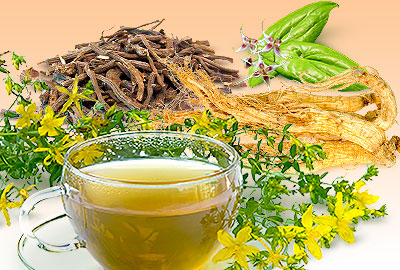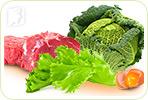Loss of libido is extremely common symptom of menopause. Understanding the causes of loss of libido can help you plan a treatment course. Read on to find out tips that can improve your libido.
Exercise
Exercise can help improve circulation in the body, thus increasing vaginal sensitivity and lubrication. Exercises like cardio wake your body up, release chemicals that give you energy and happiness, and provide blood flow to the sex organs. At least 2.5 hours of exercise weekly is recommended for best results. Activities like yoga have a unique way of putting you into flexibility and balancing poses that concentrate awareness and improved functioning of your hips, core, and sex organs. Also, Kegel exercises strengthen the pelvic muscles, necessary for orgasming.
Red Clover
Red clover is effective because of its high phytoestrogen content. During menopause, levels of the hormone estrogen drop. This is the main reason for decreased lubrication, arousal, and inability to reach an orgasm. When you consume red clover, whether in supplemental or tea form, it can help restore estrogen levels and improve your libido.
Relaxation
Many do not realize it, but stress is a significant factor in decreased libido, especially in middle-aged women. Stress can make it harder to become aroused, and when combined the dramatic reduction of sex hormones, libido can disappear. De-stress with relaxing activities for 15 - 20 minutes a day. These activities can include things like meditation, reading, getting a massage, martial arts, or spending time with friends.
Read for more information on loss of libido.
Sources
- National Institutes of Health. (2013). Physical activity. Retrieved April 21, 2014, from http://www.nlm.nih.gov/medlineplus/ency/article/001941.htm
- NYU Langone Medical Center. (2014). Maca. Retrieved April 21, 2014, from http://www.med.nyu.edu/content?ChunkIID=104590
- Trafton, A. (2011). The benefits of meditation. Retrieved April 21, 2014, from http://web.mit.edu/newsoffice/2011/meditation-0505.html
- University of Maryland Medical Center. (2013). Red clover. Retrieved April 21, 2014, from http://umm.edu/health/medical/altmed/herb/red-clover




